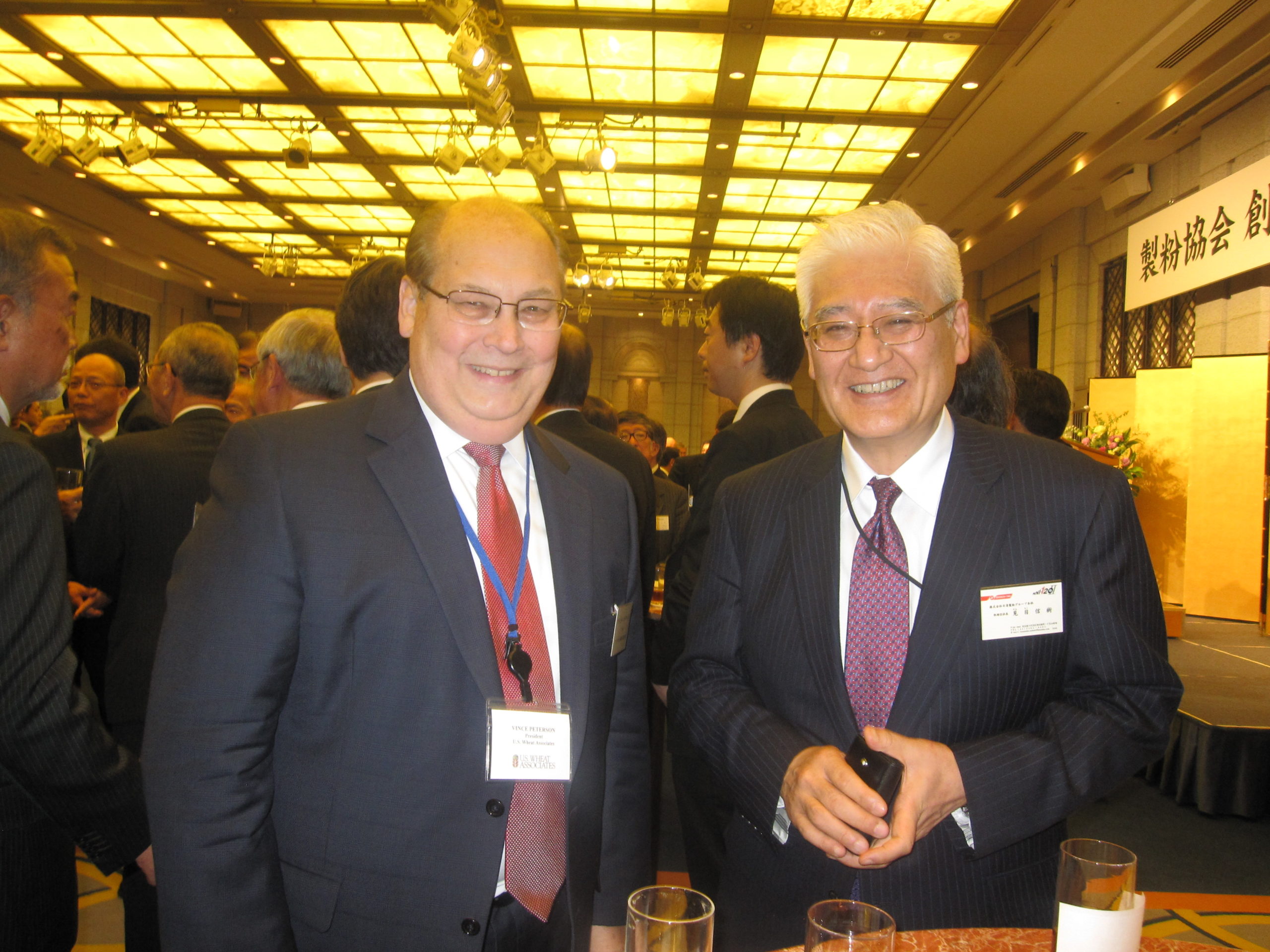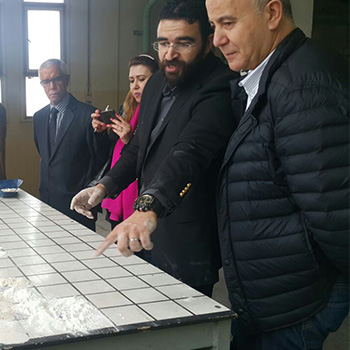Implementation of the Comprehensive and Progressive Trans-Pacific Partnership (CPTPP) created a potentially devastating disadvantage for U.S. wheat exports to Japan. Yet many years of investment by U.S. Wheat Associates (USW), its partnership with USDA’s Foreign Agricultural Service and wheat farmers have built such good will that Japanese flour millers could publicly express their support for closing this looming breach. Finally in late 2019, a new U.S.-Japan agreement put U.S. wheat exports back on equal footing with competitors in the CPTPP.
The CPTPP agreement was gradually discounting effective tariffs that Japanese flour millers pay for imported Australian and Canadian milling wheat over 9 years from about $150 to about $85 per metric ton (MT). Imported U.S. wheat effective tariffs would have remained at about $150 per MT. The disadvantage for U.S. wheat had already exceeded about $20 per MT in 2019. Without a resolution of this situation, more than 60 years of investment in developing Japan into the top buyer of U.S. wheat was at risk.
In 2018, the Japan Flour Milling Association (JFMA) invited representatives of USW and several state wheat commission organizations to be guests at the organization’s 70th anniversary in Tokyo, an indication of the strong relationship with the U.S. industry. At the event, sources within the Japanese milling industry expressed real concern that the tariff disadvantage under CPTPP could force them to find alternatives to average total imports of 3.1 million metric tons (MMT) of U.S. Western White, dark northern spring (DNS) and hard red winter (HRW) wheat. Eventually, the millers suggested, U.S. wheat annual imports could have fallen to as little as 1.35 MMT per year or a potential loss of as much as $500 million per year even at relatively low U.S. wheat export prices.
USW used this concern in public statements, published fact sheets and in testimony to and personal interaction with the U.S. Trade Representative on trade negotiations with Japan.
In April 2019, USW used Market Access Program (MAP) funds to host a trade team of senior Japanese flour millers in the United States. During that visit, the new executive director of JFMA said: “It is important to maintain and develop the good relationship Japan has had with the U.S. wheat industry for more than 60 years.” Ultimately, the U.S.-Japan agreement was signed and will go into effect in 2020.
USW believes the ability to share specific risks expressed by our Japanese customers was a very crucial point that added intensity to negotiations between the two countries. USW was also very encouraged that the USTR and other officials in the Trump Administration take this situation very seriously and worked hard to come to an agreement. A large portion of wheat farm family incomes in Washington, Oregon, Idaho, Montana, Wyoming, North Dakota, South Dakota, Minnesota and other Plains states depended on it.



